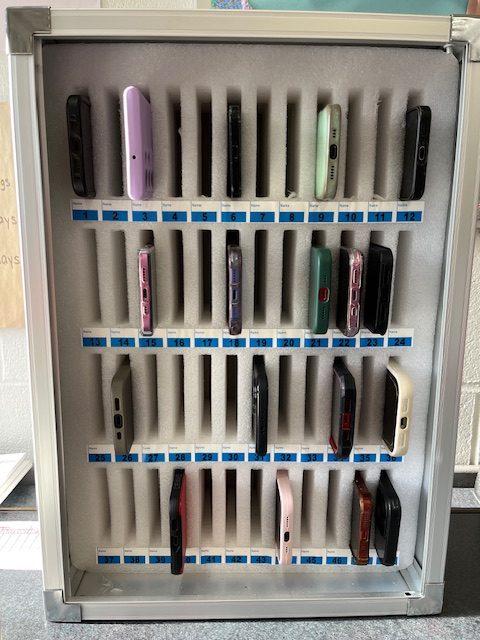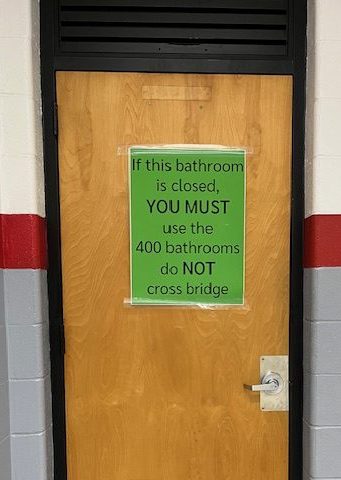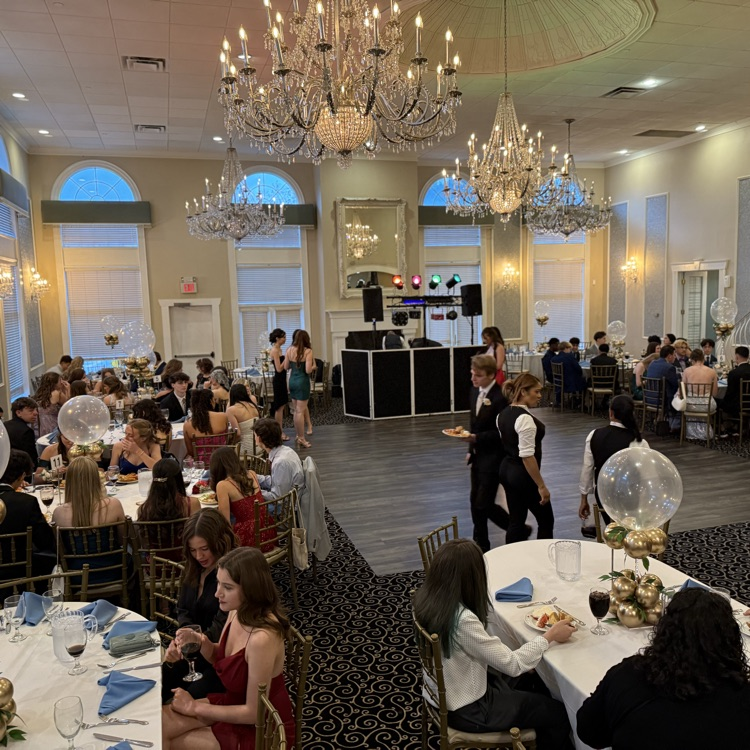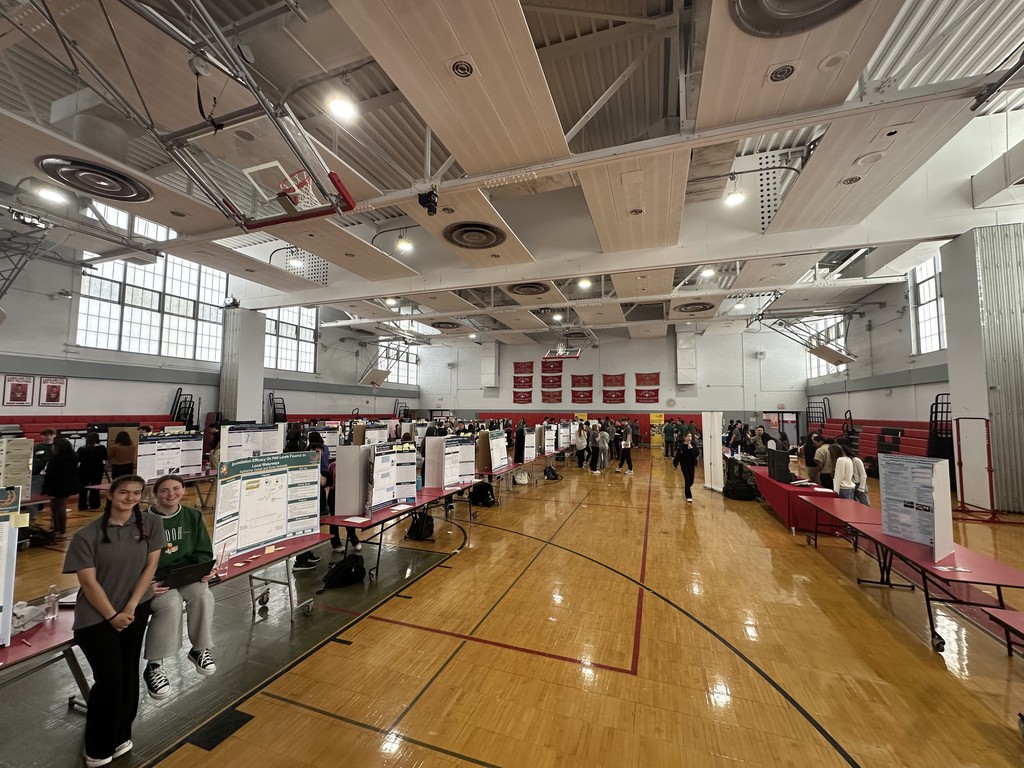The start of the 2025-2026 year at Lakeland took an unexpected turn for students as they were told to put their phones away in a cell phone locker upon entering the classroom.
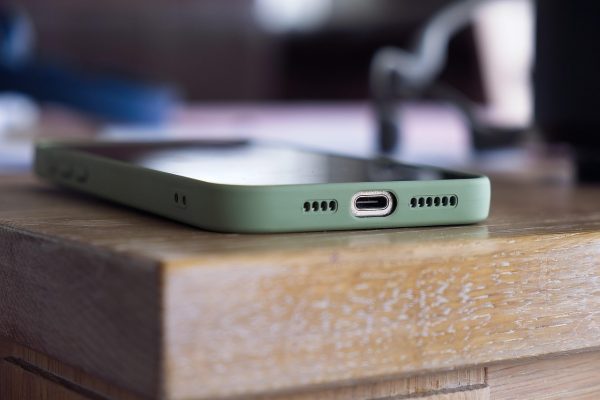
“This is a national issue and it was a mandate by Governor Murphy to have a cell phone ban for all schools in NJ. It fell short of a law but 88% of all schools in NJ have a policy in place to ban the phones,” said Assistant Principal Damiano Conforti.
According to the National Center for Education Statistics, 38% of schools with cell phone policies restrict phone usage between classes, during non-instructional time, and during extracurricular activities. With a majority of school leaders noticing the negative impacts of cell phone usage on academic performance and mental health, schools nationwide are trying to remedy this dilemma.
The policy is a large departure from last year’s schoolwide plan regarding cellphones. Last year, it was a teacher’s preference whether or not they wanted students to keep their phones in their bags or if they wanted students to place their phones in a cellphone rack. This year’s plan, in conjunction with the statewide push to ban cell phones at schools, requires students to put their phones into a locked box at the start of the period during instructional time.
By the end of the first week of school, students could all agree on one thing. Not having access to their phones in study hall was too much. Some students claimed that they have no work to do during study halls and that they often use their phones to listen to music and pass the time. Many were skeptical of the policy and opposed the ban on cell phones in study halls. This point of contention raised by student liaisons Jesse Freedman, Clara Vargas, and Evan Connor led to an amendment of the policy as the LRHS administration listened to student feedback and granted permission for cell phones to be used during study halls.
“We saw an issue that would hinder our education at Lakeland, so we decided we would attempt to change it,” said senior Jesse Freedman.
Still, some students say they felt no difference between having their phones in study halls and not having access to them. Sophomore Joaquin Fernandez stated, “Without the phones, I didn’t see a difference in how people behaved in study halls. The people who study, still studied, the loud people are still loud, and quiet [students] are still quiet.”
Many students have come to accept the policy, although the impact on students’ academic performance is unknown at this point in the marking period.
Students have gotten used to putting their phones away at the beginning of class, but others are failing to see the benefits of the policy. The policy has had little effect on students that did not use their phones at all.
Sophomore Luis Abrego said, “I never used my phone in class in the past.” Abrego also said that he saw “a little bit” of a difference in the classrooms without phones.
On the other hand, some students claim that they might actually be less focused without their phones. Fernandez said, “Instead of using my phone I’m just thinking about it. So in a way, I actually have less focus.”
Regardless of the perceived impact of students’ mental health and academic performance so far, student compliance to the new policy has been highly successful.
“Students have been very compliant and it’s nice to see them interacting more with each other,” said Supervisor of Art, English, and Social Studies, Ms. Jamie Cawley. “ I think students will continue to be more attentive in class and engaged in their lessons.”


